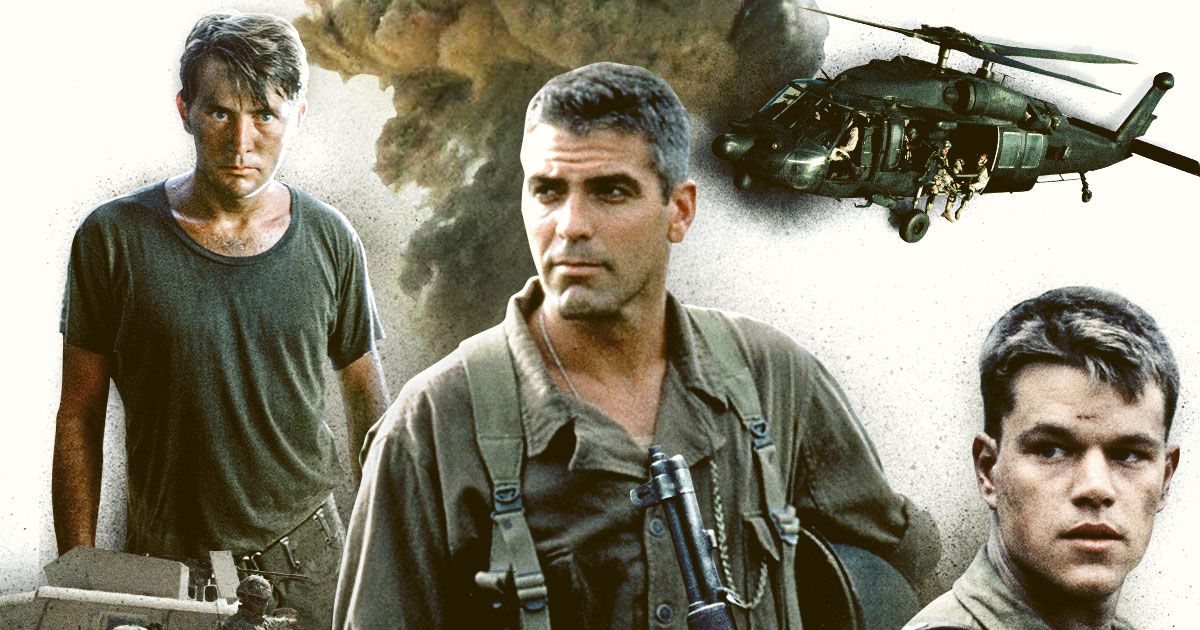
"François Truffaut's observation on war films posits that even those claiming to be antiwar inadvertently end up endorsing war, showing violence's ambiguous nature."
"Movies may glamorize violence, raising concerns about their role in shaping perspectives on war; the burden of advocacy may overwhelm the creative impulses behind such films."
"War movies serve not only as reflections of the horrors of conflict but also as expressions of societal attitudes, evolving alongside historical contexts and events."
"The narrative surrounding war films highlights the duality of storytelling; they reflect not just war's brutality but also human experiences, making them inherently complex."
François Truffaut's commentary on war films suggests they frequently support the idea of war, even when presented as anti-war. This is evidenced by how recruits react to movies like 'Apocalypse Now' and 'Full Metal Jacket.' The article explores the notion that films may glamorize violence and questions their purpose if not to warn against war. They reflect not only the creators' artistic impulses but also the attitudes of their times, demonstrating that storytelling around war is a complex interplay of culture, history, and human experience.
Read at Vulture
Unable to calculate read time
Collection
[
|
...
]